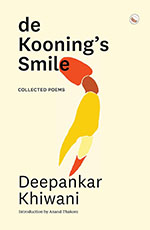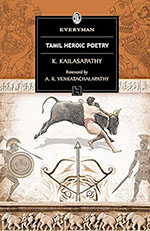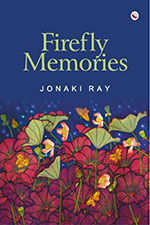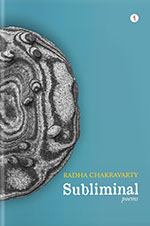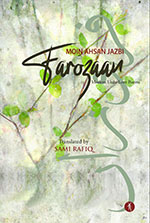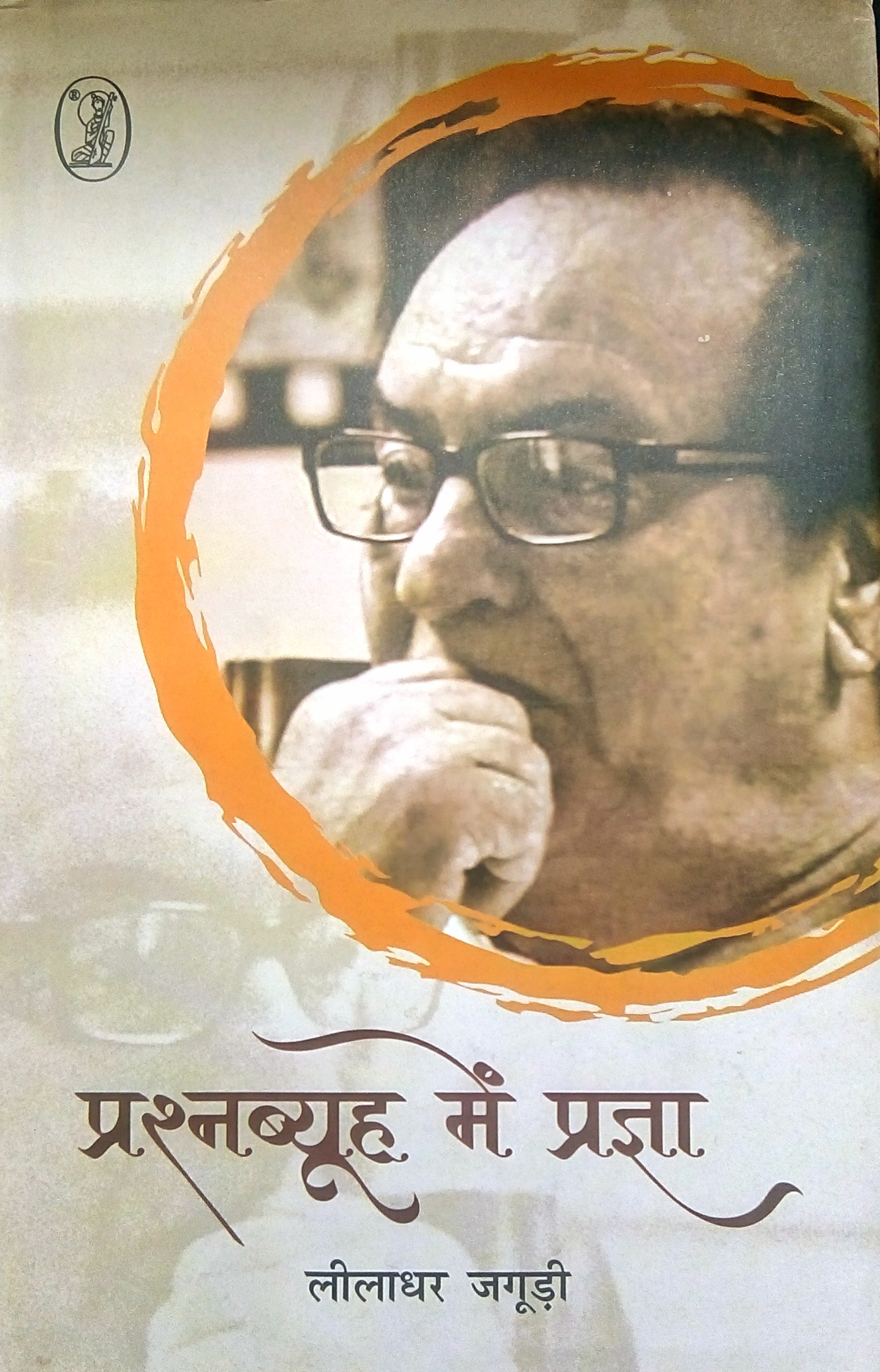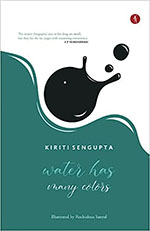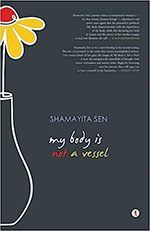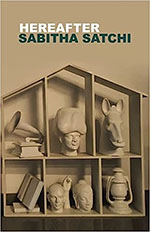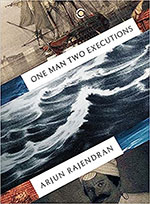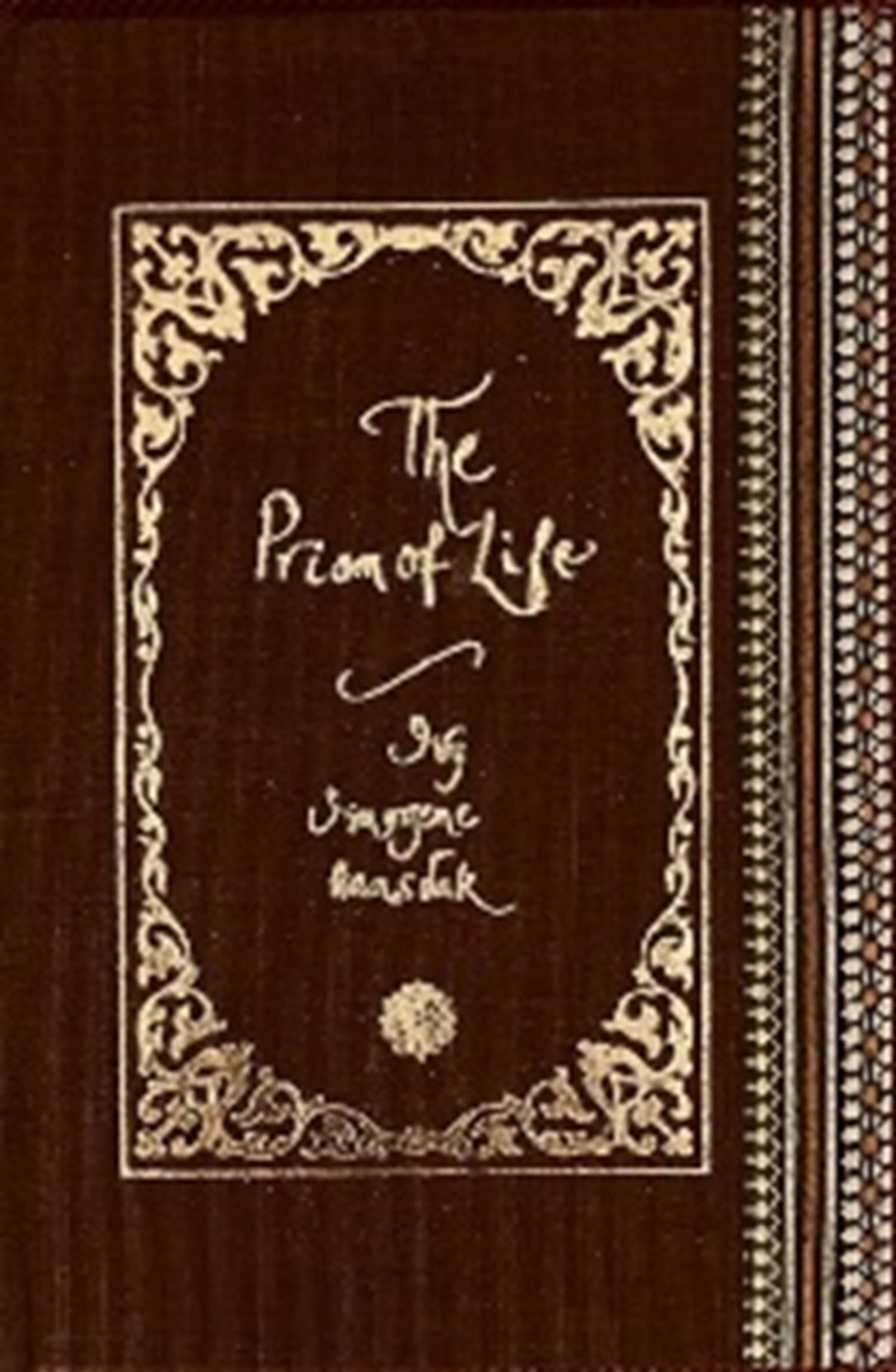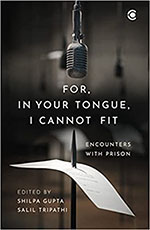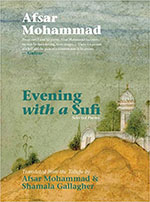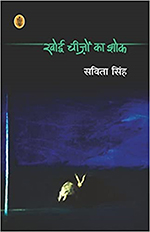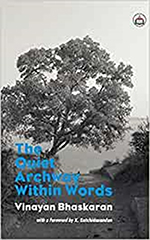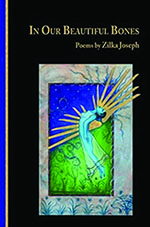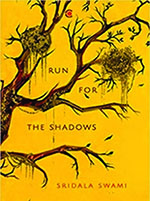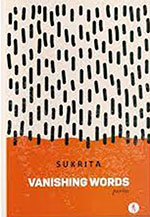Poetry
2023
The retelling of myth serves as an effective device for simultaneously critiquing the present and locating its continuities with the past, to indicate how orthodoxies and systems of exclusion replicate themselves through the ages, across changing contexts.
2024
The poetry book opens with six provocative haikus. They are tight, precise and fecund with suggestions. Although the essence of a haiku lies in the neat execution of its syllabic structure and restrained release of its deep meaning, each haiku in the book is paradoxically supplemented by a corresponding colorful sketch. At times, the precision of a haiku is invaded by the visual excess of the sketch and the pleasure of delaying interpretation of the form is suddenly interrupted by the diverted attention.
In the realm of contemporary English poetry, a discernible renaissance is unfolding, evident in the diverse voices and thematic textures woven into the fabric of six noteworthy collections published in 2023. As we traverse these poetic landscapes
2023
While most bardic poetry, K Kailasapathy’s preferred adage over court poetry, had its origins in traditions of oral storytelling, the corpus of Tamil Heroic Poetry, most of which is garnered from the extant works of the Sangam Age (the modern-day term for this body of literature)
2023
Firefly Memories contains poems written since 2010. It would be remiss of us to look at current Indian Poetry in English without paying attention to the publishing facilities that put out a book in print.
A distinct symbolism underlines Radha Chakravarty’s debut collection of poems Subliminal.
The title hints at a presence which though unseen is palpable.
The book seeks to juxtapose individual feelings of desolation and deprivation with universalizing aesthetics in an idiom shaped by a blizzard of words.
The ingredients of poetic sensibility compel a writer to see a little more than others can see and dig a little deeper than usual sense-perception may allow. Leeladhar Jagudi’s work and wisdom highlights this tender balance between living and writing. In this anthology of interviews Prashnavyuh Mein Pragnya, Jaguri talks of poems, poets and the translation of an observation into a creative composition.
As a monk, tired of seeking the divine elsewhere, looks within and finds his way back, Sengupta follows a trail of breadcrumbs strewn in his path to move back to his cloister. If we see through the black humour in these poems, we will know the poet is weary in his critical gaze and all he needs is rest. But resting is possible only in the midst of nature, or specifically, in the tenderness of Bengal’s mud and grass.
Sen does a wonderful job at simultaneously being a feminist and a humanist. Her poems offer as much of an immersive experience into what it means to be a woman as they tap into the sorrows and longings common to all. My Body is Not a Vessel both provokes and consoles, and takes us out of ourselves while doing it.
2021
Sabitha Satchi’s debut poetry collection Hereafter surpasses all expectations from a first book. Hereafter is the work of a seasoned pen, with well-chiseled poems, backed with profundity of thought. The artwork in the book including the cover image is by the Kerala film maker and artist KM Madhusudhanan. Selections from Madhusudhanan’s ‘Oedipus Series’ separate the different sections in this poetry collection.
If you’re also caught up in the tug-of-war between the history of Mughals in India and of that of the Rajput kings stirred by current politics, Rajendran’s poetry of the French colonial past in Pondicherry will come as a great relief! The poetry collection which starts with over 30 poems stretched across a decade in Pondicherry, offers an insight into the lives of natives and colonials, couched in multilingual verses with heaps of historical references.
The Prism of Life is a collection of poems in English by Ivy Imogene Hansdak, published by Writers’ Workshop in 2022. Having completed her higher education from Jawaharlal Nehru University, she currently teaches English in Jamia Millia Islamia, New Delhi. In the poetry collection under review, the poet reflects upon the various shades of life and in doing so, aims to connect with the readers, which is evident in the beginning where she dedicates the book to ‘all those who have walked like me through the many shades of life’.
Shilpa Gupta’s sound installation, For, in Your Tongue, I Cannot Fit, is a result of years long research on persecuted poets across time and geographies. It was first shown in 2018 at the Edinburgh Art Festival and Yarat Contemporary Art Space. There are over a hundred microphones suspended from the ceiling and an audio loop of snippets of poems is played; the book is a result of that powerful endeavour undertaken a few years ago.
What struck me most in the Evening with a Sufi: Selected Poems by Afsar Mohammad translated by him with Shamala Gallagher are vivid, sometimes startling images such as of ‘a body like a wound peeks from your torn shirt’ or of wounds that ‘open their huge doors’ in a poem like ‘Name Calling’. Or consider the lines in ‘A Piece of Bread’ written in memory of Bismillah Khan
Amuch-admired traditional genre of poetry, elegy does register the harrowing nature of grief that one experiences at the departure of someone very close to us and whose nagging absence never ebbs. The conventional elegy unravels an ever-growing sense of total despair in the form of sorrow, longing, yearning and pining entwined with loneliness, but it also appears banal, repetitive and undramatic.
Having perused Vinayan Bhaskaran’s previous books, such as Beyond the Blue River and The Grand Story of Ikli Chokli (Tulika Books), both children’s books, it was (pleasantly) startling to come across his debut poetry collection, The Quiet Archway within Words. The fantastical story-telling, lush hyperboles and leaps of imagination of the former two, understandably, give way to a very different voice in the latter—a voice which is by turns lonely, rebellious, sardonic, and empathetic to what it perceives to be fundamentally apathetic world.
The idea of migration and the internal/external struggle that a migrant undergoes has been looked at through various lens and forms of writing. Migration can be a forced one or can be construed as a voluntary one forced by economic circumstances or for seeking a better quality of life. Either way the shift is not just in terms of geographical locations but also in the way one has come to perceive the world and one’s surroundings.
The tastefully produced Run for the Shadows reaches my desk. It’s a happy sign for poetry, for our ecosystem. This is Sridala Swami’s third book of poems. A Reluctant Survivor (2007) and Escape Artist (2014) are her other creations. Run for the Shadows is a bouquet of 46/50 poems (if one counts Three False Starts and a Conclusion as one or five poems).
2022
To miss making one’s way through Sukrita Paul Kumar’s Vanishing Words and to forgo being absorbed into the vortex of its supraconscious stillness would be, for any reader of poetry, a serious deprivation. Many layered, teasing in its apparent simplicity, and haunting in its profundity, this slim collection of thirty-four poems interspersed with artwork by the poet herself, is dedicated to ‘all those who are struggling to survive the onslaught of disease and the loss of dear ones in the recent times.’



